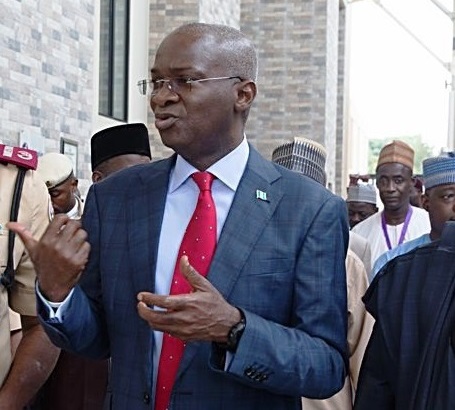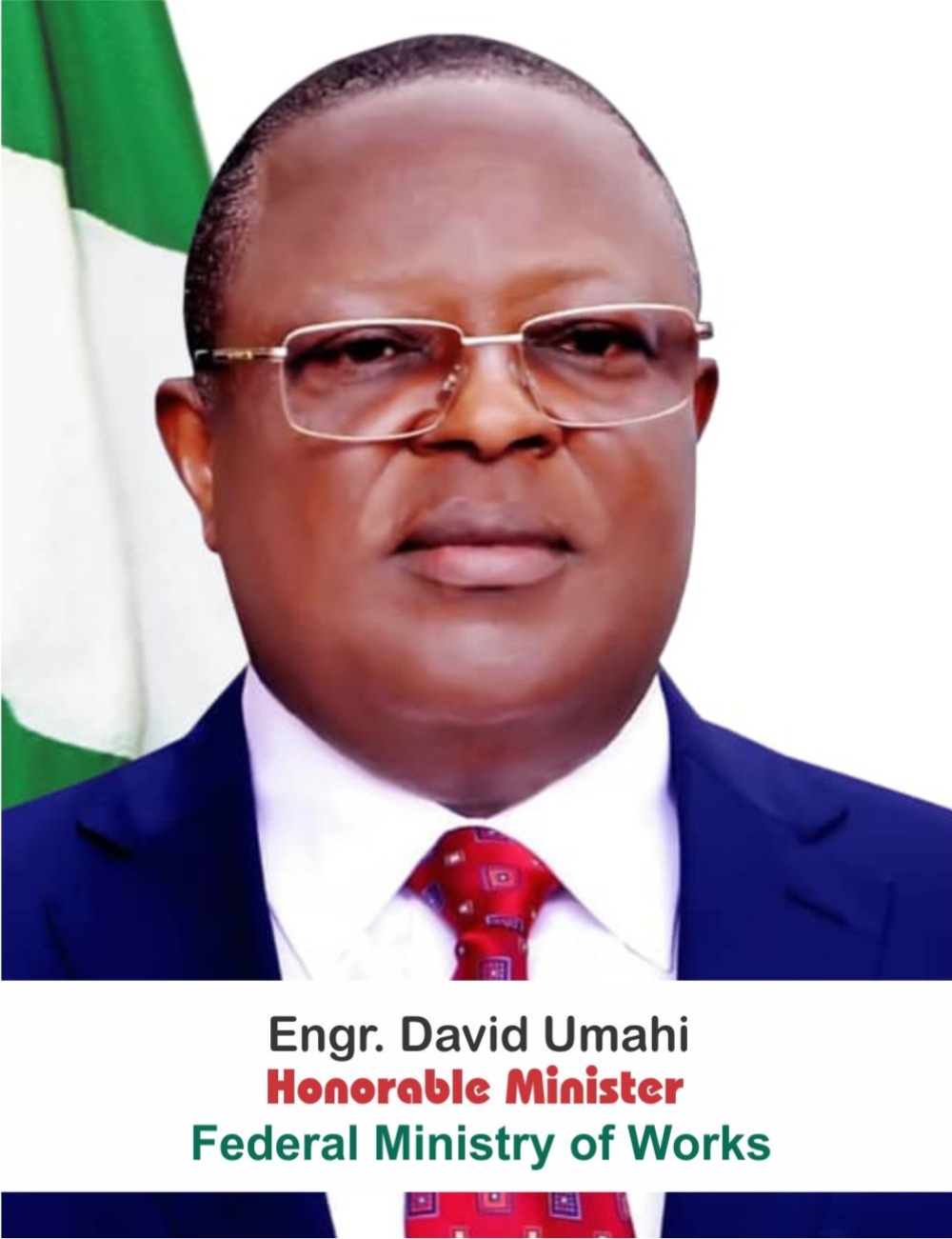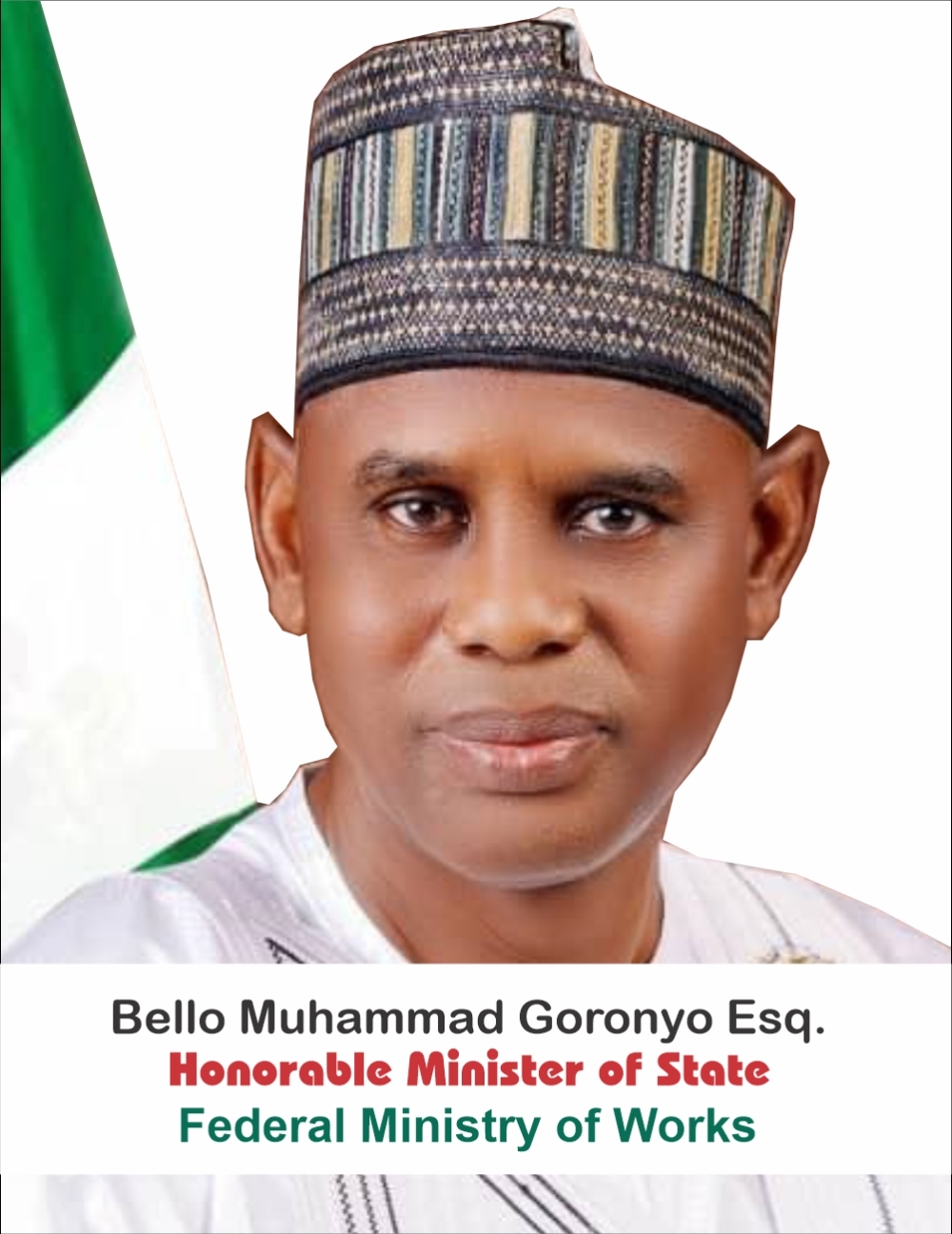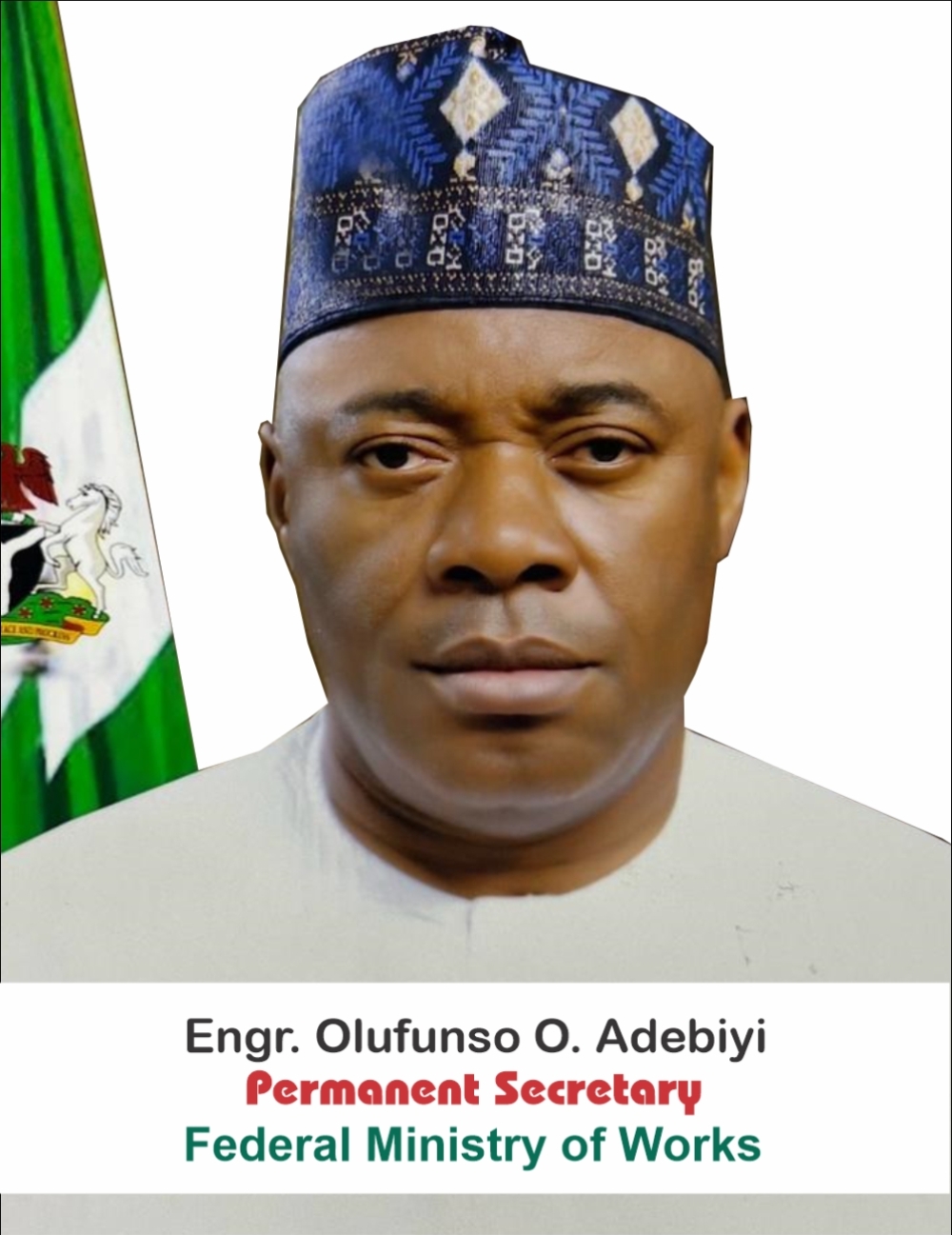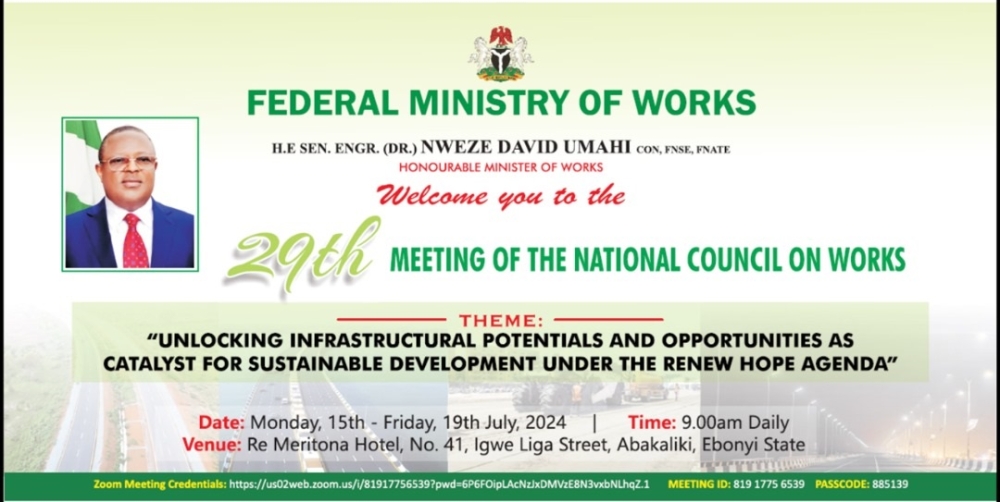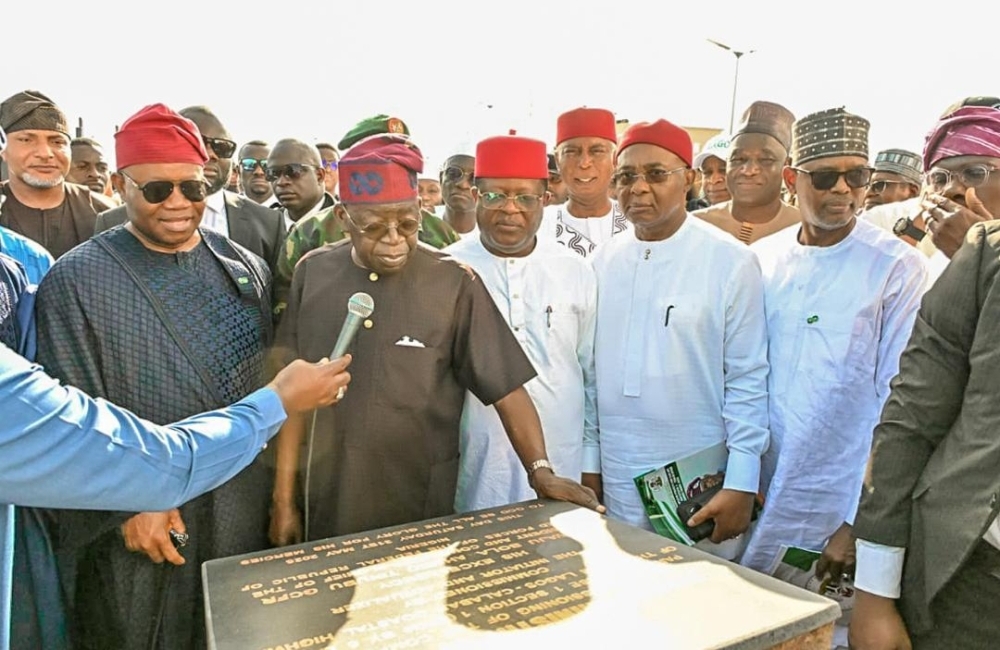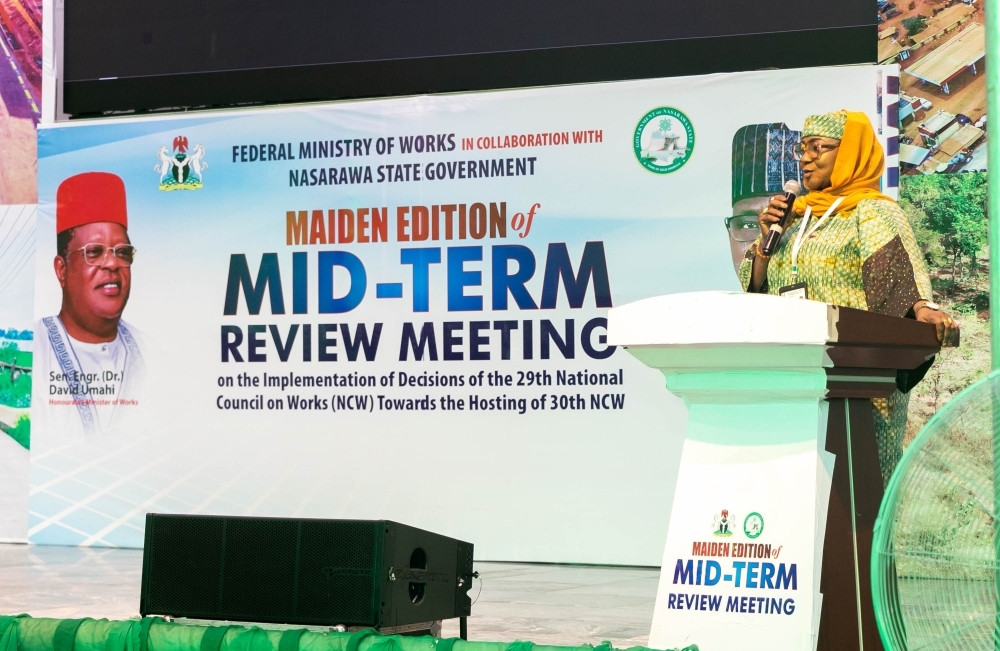
Goronyo Inspects Sokoto–Badagry Superhighway, Commends Progress, Calls for Communities’ Support
The Honourable Minister of State for Works, Rt. Hon. Muhammad Bello Goronyo, Esq., on Thursday, September 11, 2025, undertook an inspection tour of the Sokoto section of the ongoing Sokoto–Badagry Superhighway project, a flagship initiative of the Federal Government under the Renewed Hope Agenda of President Bola Ahmed Tinubu, GCFR.
The inspection covered strategic communities including Silame, Katame, Gade, and Binji in Sokoto State, where massive construction activities are currently ongoing. The visit provided the Minister with firsthand insight into the pace, quality, and challenges of the project.
During the tour, Hon. Goronyo expressed satisfaction with the progress of works recorded so far, commending the contractors, Hitech Construction Limited, for their dedication, efficiency, and adherence to international construction standards.
Reaffirming the Federal Government’s commitment, the Minister stressed that the 1,068-kilometer Sokoto–Badagry Superhighway is not just a road project but a transformational national infrastructure that will redefine Nigeria’s socio-economic landscape. He explained that the superhighway is designed to:
Enhance regional integration and open up trade routes between the North and Southern parts of the country;
Boost economic activities by facilitating seamless movement of goods, services, and people;
Provide thousands of direct and indirect jobs, thereby tackling unemployment and poverty;
Improve security and connectivity across states, enabling safer and faster travel for Nigerians.
The Minister further expressed gratitude to security agencies for their continued vigilance in providing safety for contractors and workers on site. He also commended host communities for their cooperation, urging them to strengthen their support and take full ownership of the project. According to him, “This superhighway is not just for today;
it is an investment in the future of our children and generations to come. Its completion will transform livelihoods, open new economic opportunities, and position Sokoto as a strategic hub for national and regional trade.”
As part of his inspection itinerary, Barr. Goronyo proceeded to Kebbi State, where he joined the Honourable Minister of Works, Senator Engr. David Umahi, CON, in a joint assessment of the project corridor. He lauded the leadership and dedication of the Honourable Minister, describing his oversight role as pivotal to ensuring quality delivery and timely completion of one of Nigeria’s most ambitious road projects.
The Federal Ministry of Works, through the leadership of Senator David Umahi and Hon. Muhammad Bello Goronyo, Esq., reassures Nigerians of its unwavering resolve to deliver durable, modern, and world-class infrastructure that will unlock the country’s full economic potential, strengthen national unity, and enhance the quality of life for all citizens.
Close












